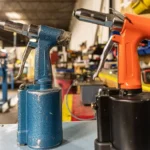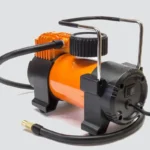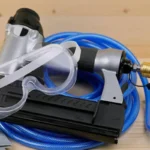Whether you’re running a bustling workshop or a DIY haven, an efficient compressor is the lifeblood of your operations. But how do you know when it’s time to say goodbye to the old faithful and invest in a new one?
Let’s talk about the telltale signs and benefits of upgrading your compressor.
Signs You Should Upgrade Your Compressor
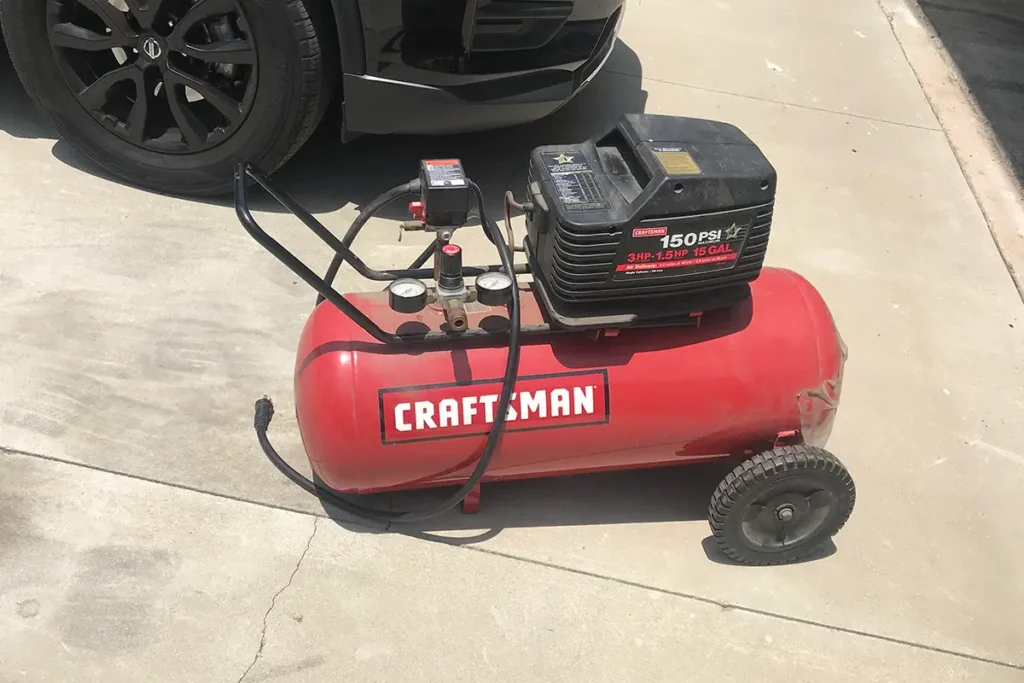
Frequent Breakdowns
Is your compressor more often in the repair shop than in your garage? Frequent breakdowns are a clear signal that your trusty machine might be on its last legs. Think about it – just like an old car that spends more time with the mechanic than on the road, a constantly malfunctioning compressor can disrupt your workflow and drain your wallet. If you find yourself frequently dealing with issues like leaks, overheating, or unusual noises, it’s probably time to start considering an upgrade.
Inadequate Performance
Remember when your compressor used to power through tasks without breaking a sweat? If those days are gone and you’re now facing inadequate pressure or volume, it’s a red flag. An underperforming compressor can turn even the simplest jobs into frustrating marathons. For instance, if it takes forever to inflate a tire or run a tool, you’re losing precious time and efficiency. Modern compressors offer enhanced performance, helping you get the job done faster and better.
Increased Energy Costs
Notice your electricity bill creeping up? Older compressors tend to guzzle more power, translating into higher energy costs. Newer models are designed with energy efficiency in mind, which can save you a significant amount of money in the long run. Investing in a new compressor could reduce your energy consumption, making it an eco-friendly and cost-effective choice.
Difficulty in Finding Replacement Parts
Finding parts for an outdated compressor can be like searching for a needle in a haystack. As manufacturers phase out older models, replacement parts become scarce and expensive. If you’re constantly hunting for hard-to-find components or waiting weeks for a shipment, it’s a clear sign that an upgrade is in order. New compressors come with readily available parts, ensuring minimal downtime and hassle.
Changes in Operational Needs
As your business grows or your projects become more ambitious, your equipment needs to keep up. If your current compressor can’t handle the increased demand, it’s time to look for a model that can. Whether you need more power, better efficiency, or additional features, upgrading your compressor can help you meet your evolving needs.
Types of Compressors and Their Upgrades
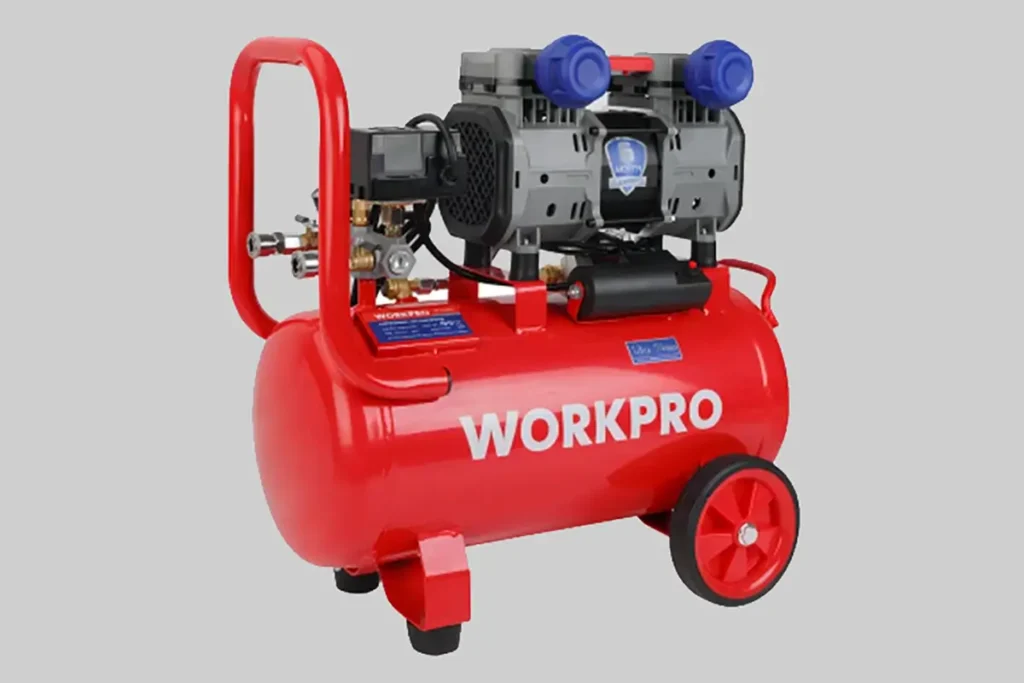
Rotary Screw Compressors
Rotary screw compressors are known for their durability and efficiency. Upgrading to a newer model can offer several benefits:
- Improved Efficiency: Newer rotary screw compressors are designed to be more energy-efficient, reducing operational costs.
- Advanced Features: Modern models come with features like variable speed drives, which adjust the compressor’s output to match demand, improving efficiency and extending the life of the machine.
- Quieter Operation: Innovations in design have made these compressors quieter, creating a more pleasant working environment.
Reciprocating Compressors
Reciprocating compressors are great for high-pressure applications. Upgrading can bring significant advantages:
- Enhanced Performance: Modern reciprocating compressors deliver higher performance, ensuring consistent pressure and volume.
- Reduced Maintenance: Newer models require less frequent maintenance, saving time and money.
- Better Cooling Systems: Improved cooling mechanisms prevent overheating and extend the compressor’s lifespan.
Centrifugal Compressors
Centrifugal compressors are ideal for large-scale operations. Here’s why an upgrade might be beneficial:
- Increased Efficiency: Upgraded centrifugal compressors are more energy-efficient, which is crucial for large operations.
- Higher Reliability: Advanced models are designed for continuous operation with minimal downtime.
- Technological Integration: Modern centrifugal compressors often come with integrated control systems, allowing for better monitoring and management.
Axial Compressors
Axial compressors are used in high-volume applications. Consider upgrading for these reasons:
- Improved Technology: Newer axial compressors incorporate advanced technologies that enhance performance and reliability.
- Energy Savings: Modern models are more energy-efficient, reducing operational costs.
- Longer Lifespan: Enhanced materials and design improvements increase the lifespan of the compressor.
Maintenance Tips to Delay Upgrades
Regular Cleaning
Keeping your compressor clean can significantly extend its life. Dust, dirt, and debris can clog filters and reduce efficiency. Regularly cleaning the compressor and its components helps maintain optimal performance. Make it a habit to wipe down your compressor and check the filters after each use.
Proper Sizing and Usage
Ensure that your compressor is the right size for the tasks at hand. Using an undersized compressor for heavy-duty jobs can strain the machine and lead to premature failure. Likewise, overusing a compressor can cause overheating and wear. Match your compressor to your workload to prolong its life.
Preventative Maintenance
Routine maintenance is key to keeping your compressor in top shape. This includes checking and replacing filters, inspecting hoses for leaks, and lubricating moving parts. Regular maintenance not only prevents breakdowns but also ensures your compressor runs efficiently.
Cost-Benefit Analysis of Upgrading
Initial Investment vs. Long-Term Savings
While the upfront cost of a new compressor can be substantial, the long-term savings are worth considering. Newer models are more energy-efficient, reducing your electricity bills. They also require less frequent repairs, saving on maintenance costs. Over time, these savings can offset the initial investment.
Increased Productivity
A new compressor can boost productivity by delivering consistent performance and reducing downtime. Imagine completing tasks faster and more efficiently, without the constant interruptions of a failing machine. The productivity gains alone can justify the cost of an upgrade.
Conclusion
Upgrading your compressor might seem like a daunting expense, but the benefits far outweigh the costs. From improved performance and energy efficiency to reduced maintenance and downtime, a new compressor can revolutionize your operations. Don’t wait until your old compressor is on its last leg – start evaluating your needs today and consider making the switch. Happy compressing!

Matthew Dowell
Matthew, a seasoned builder from a family of craftsmen, leads Tools Trove. His passion for tools and decades of hands-on experience fuel his commitment to providing expert reviews and insightful content. Whether you’re a pro or a DIY enthusiast, Matthew’s guidance ensures informed decisions in the world of tools.

